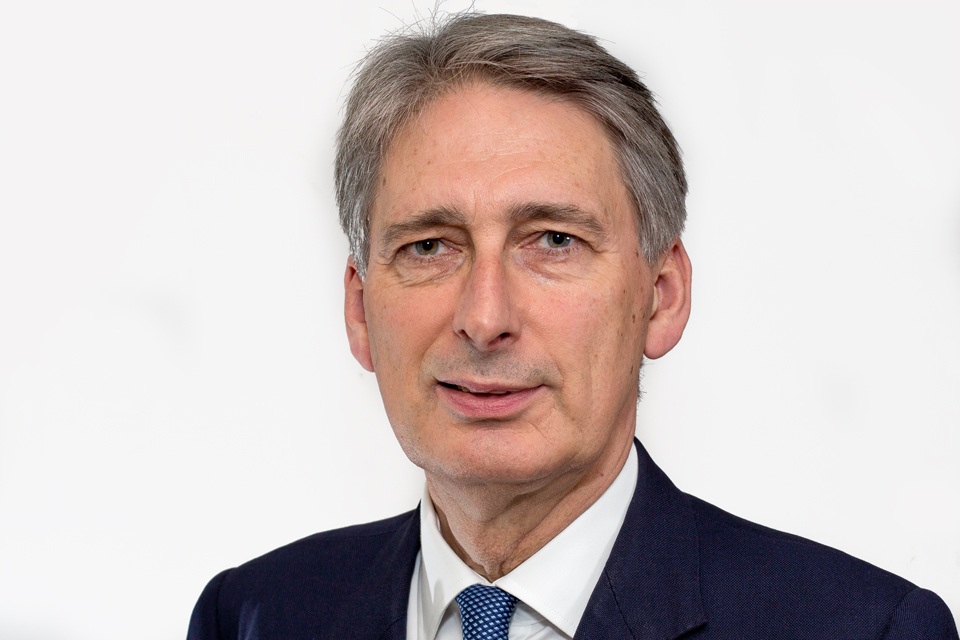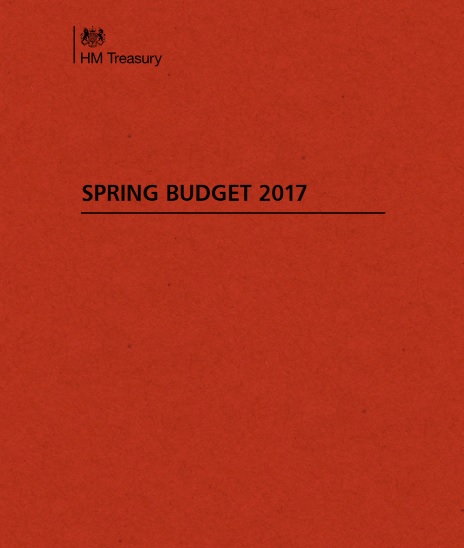- 2017 Budget announced by Chancellor, Philip Hammond
- £2billion over the next three years for social care services Green paper on social care funding to be published later this year
- 325m of capital for the first of the new NHS Sustainability and Transformation Plans
- £100m for 100 on-site GP treatment centres in A&Es in England
- The announcement of multi-year capital programme later in the year
The Government has been criticised as experts warn a £2billion boost for social care will not take pressure off NHS services.
In his Budget speech yesterday, Chancellor, Philip Hammond, said his plans would provide a ‘strong, stable platform for Brexit’ and that economic growth forecasts for 2017 had risen to 2%.
However, he has been heavily criticised by top medics for failing to provide ‘meaningful financial assistance’ for the NHS, which is stretched to breaking point across the country.
Our health service is one of the best health services in the world, but is, increasingly, failing too many people for too much of the time
He announced a £2billion funding package over the next three years to enhance social care in an effort to get older people out of hospital more quickly. So-called bedblockers cost the NHS a staggering £800m a year.
On top of this funding, he revealed a one-off £100m moneypot to pay for GPs to work in A&E departments to sort out ‘inappropriate’ visits.
And an additional £325m will be given to NHS organisations to fund the much-maligned Sustainability and Transformation Plans.
But, while the money was welcomed, the Chancellor was accused of not going far enough to save a crippled NHS.
British Medical Association (BMA) chairman, Mark Porter, said: “Our health service is one of the best health services in the world, but is, increasingly, failing too many people for too much of the time.
“The NHS and social care is at breaking point and have been failed by partisan politics for too long.
“We need politicians from all sides to come together to agree a long-term solution to the challenges facing health and social care.”
He added that the £100m for A&E GPs would not even scratch the surface of the problem, and revealed that at least £9.5billion was thought to be needed to get the Sustainability and Transformation Plans off the ground.
He added: “This budget does nothing to address the gaping hole in NHS finances.
We need politicians from all sides to come together to agree a long-term solution to the challenges facing health and social care
“There is a £30billion gap to fill and we should be increasing the UK’s health spending by at least £10.3billion to match that of other leading European economies.
“Failures within the social care system hugely affect an already-stretched, overworked and underfunded NHS – most NHS trust finance directors have said that cuts in local authority social care budgets are adversely affecting NHS services.
“For doctors to look after patients well, social care needs to be well funded and adequately staffed.

Philip Hammond
“The crisis in the NHS doesn’t stop at the hospital door – our emergency departments are struggling because of an overstretched system. Having GPs in emergency care won’t reduce admissions – if anything this could have the effect of attracting more patients to hospitals.
“The Government also needs to explain how it will fund and recruit GPs to work on site at hospitals when there already aren’t enough to meet the needs of the public.
“Many are already working in practices with permanent vacancies which they are unable to fill, despite Government promises at the last election to recruit 5,000 more doctors into general practice.”
Dr Richard Vautrey, deputy chairman of the BMA's General Practitioners Committee, agreed. He said: “GPs and their staff are struggling on a daily basis to cope with rising patient demand, stagnating budgets, and endemic workforce shortages that have left many GP practices unable to deliver enough appointments to patients. Putting GPs in A&E will do nothing to address this crisis.”
While welcoming the extra cash for social care, charities supporting the elderly also voiced their concern.
GPs and their staff are struggling on a daily basis. Putting GPs in A&E will do nothing to address this crisis
Emily Holzhausen OBE, policy director at Carers UK, said: “It is a welcome sign that the Chancellor has recognised the current critical pressure that social care is under by allocating another £1billion to social care in the next financial year and a further £1billion over the following two years.
“Social care services are vital to families who have been under increasing pressure to care for their disabled and older relatives. This has significant costs and consequences for carers, their families, and the economy.
“Without this new funding, we feared that many more carers would have found themselves giving up work to care, many would have seen their health worsen, their relationships break down as they have less time for others, and families would end up in lasting poverty.
“But this welcome funding announcement is by no means the end to the continuing problem of inadequate social care funding.”
And she welcomed Hammond’s announcement that a Green Paper would be produced later this year on the future financing of social care.
“The Government must develop, secure, and implement a robust and sustainable funding solution for care which provides a fairer deal for families,” she added.
“With an ageing population, this must be done in a timely way, or social care will continue to remain in crisis.”
This welcome funding announcement is by no means the end to the continuing problem of inadequate social care funding
Dr Eileen Burns, president of the British Geriatrics Society and a clinical director at Leeds Teaching Hospitals NHS Trust, said: “It is encouraging that the urgent need to address the crisis in social care has been recognised in yesterday’s budget.
“We believe that the inter-dependent nature of health and social care services means the long-term sustainability of the NHS can only be secured if there is sufficient investment in both health and social care.
“At present many older people living with frailty, dementia and complex long-term conditions are experiencing poorer health outcomes because social care has not kept pace with the increase in demand.”
Market leaders have said that ensuring the NHS remains viable depends on the adoption of innovative technology.
We believe that the inter-dependent nature of health and social care services means the long-term sustainability of the NHS can only be secured if there is sufficient investment in both health and social care
Speaking to BBH, Leon Rudd, director of integrated healthcare at Appello, said: “Yesterday’s budget provides a step in the right direction in terms of helping a struggling social care system.
“The £2billion will go some way in relieving the pressure both on the social care system, and subsequently the NHS. But, it has been said that it’s too little too late and that the extra funding won’t close the gap.
“But it’s not just about money.
“We are still missing a vital piece of the puzzle and taking advantage of technology, and that’s got to change if we’re ever to solve the problem of integrating health and social care effectively.
We are still missing a vital piece of the puzzle and taking advantage of technology, and that’s got to change if we’re ever to solve the problem of integrating health and social care effectively
“Freeing up beds and ensuring the elderly receive the appropriate care for their needs must include technology. It’s a vital piece in ensuring elderly people remain safe, independent and able to lead the lives they want in their own home.
“Activity monitors, fall detectors and other digital care technologies shouldn’t simply be seen as optional extras or additions to care packages, they should be integral in every care pathway for patients returning to their homes.”

The budget was announced on Thursday
